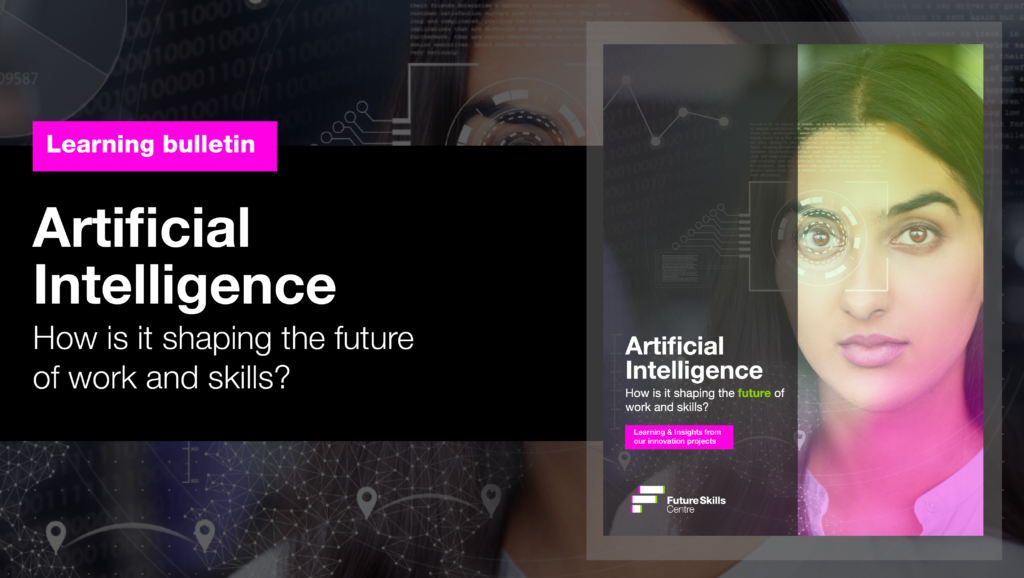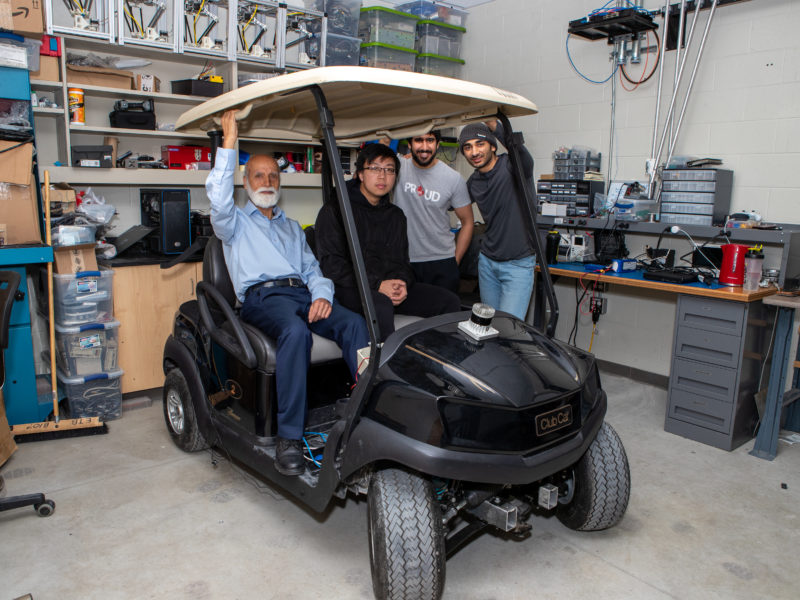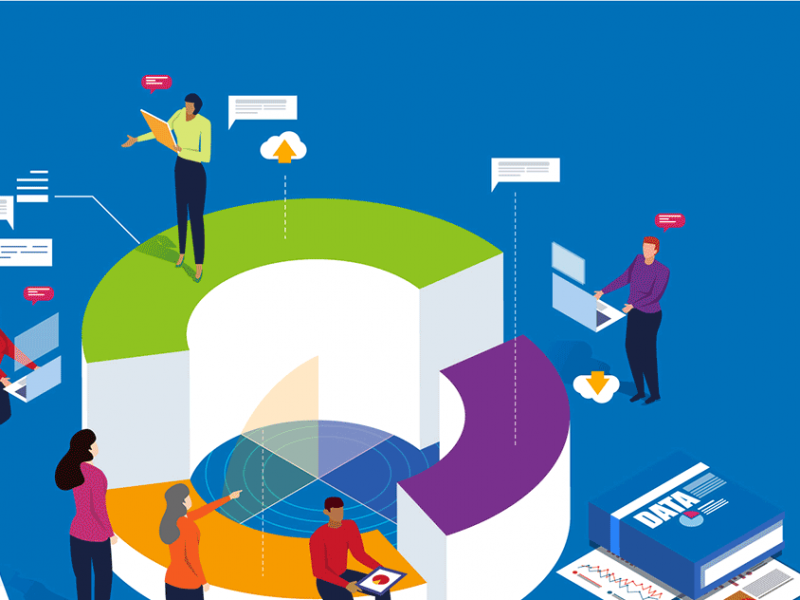Focus on artificial intelligence and technological disruption
Global reliance on technology has increased as our daily activities moved online during the COVID-19 pandemic. Artificial intelligence (AI) is at the forefront of the technologies being adopted.
As Canada now begins to move into an economic recovery, both the risks and opportunities that AI poses to the future of work deserve a closer look.
20%
of Canadian jobs are at high risk due to automation and technology, including AI, but these numbers are projected to decline over time.
47%
of Canadians expect AI to have a very positive impact in the next 5 years
+270%
increase in the number of businesses implementing AI processes between 2015 and 2019 worldwide

Learning Bulletin
Ensuring that technology-driven change benefits workers as well as employers will require new approaches and new thinking. Our September 2021 Learning Bulletin takes a deeper look at the different implications of AI for the future of work and explores a set of FSC projects that address both the risks and opportunities presented by AI.
Artificial intelligence is seen as bringing both positive and negative implications to our work environment.
Perhaps the most common fear is that AI will replace humans in performing cognitive tasks and displace people from their jobs. Automation is indeed a significant risk for Canadian workers; about 40 per cent of people are working in jobs at medium risk of automation, while 20 per cent are in jobs at high risk. At the same time, AI presents a number of opportunities to drive new economic efficiencies within and across sectors, complement human intelligence, and even create new jobs.
AI’s potential should not be confused with its impact; the former can be directed, and the latter is far from inevitable. What is sure is that AI is now – and will continue – to disrupt the world of work. With this prediction comes a realization that there will likely be a need for more hybrid skill sets that combine AI skills with other types of abilities. AI platforms can also become a tool for continuous learning by revealing correlations between production needs and worker training opportunities. Ensuring that technology-driven change benefits workers as well as employers will require new approaches and new thinking.
The Future Skills Centre is partnering with industries, governments, universities and workers across Canada to test new ways to address and harness AI in skills delivery. These partnerships explore the specific requirements and opportunities for AI in sectors as diverse as health care, insurance and transportation.












